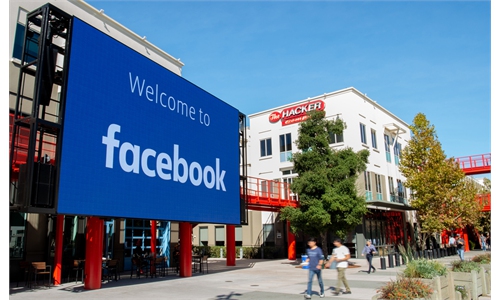Tying LinkedIn suspension of sign-ups with alleged Microsoft hack ‘smears China’: analyst

Some Western media outlets' move to interpret LinkedIn's independent decision to pause new sign-ups in China as the Chinese government's "punishment" of Microsoft over its claimed accusation against Beijing for a recent hack attack is a typical act to politicize internet security issues and it is aimed at smearing China, industry observers said.
LinkedIn, a networking site owned by Microsoft, announced on Tuesday that it would temporarily suspend new member signs-up in China as it works to ensure it remains in compliance with local laws.
"We're a global platform with an obligation to respect the laws that apply to us, including adhering to Chinese government regulations for our localized version ... in China," LinkedIn said.
It also noted that the move isn't related to a recent alleged hack on Microsoft Exchange Server, which the US company claimed "state-sponsored hackers based in China" were behind, according to US media reports.
Bloomberg indicated in a report on Wednesday that LinkedIn's decision was made under pressure by Beijing, which is "signaling displeasure over Microsoft blaming the country for the attack."
Ma Jihua, a veteran technology industry observer, told the Global Times on Wednesday that the suspension of LinkedIn sign-ups and the claimed hack attack are separate events, and some Western media are trying to mix the two up to create a new point to vilify China.
"The claimed China-led hack attack itself is ridiculous because they are unable to provide any piece of hard evidence. Making something of internet security issues is purely politically motivated," Ma said.
Analysts noted that the suspension of new memberships may be because of data compliance issues, and every foreign company operating in China must abide by Chinese laws and respect the feelings of Chinese people.
Ma added that the decision could also be due to economic trade-offs, as some foreign companies are unable to adapt to the fast-changing market environment in China.
LinkedIn entered China in 2014. It now has 52 million users in the Chinese mainland, according to media reports.
LinkedIn announced in 2019 that Chitu, its workplace social networking app, was going offline as it needed time to explore development in China and complete its evaluation of experimental products.



